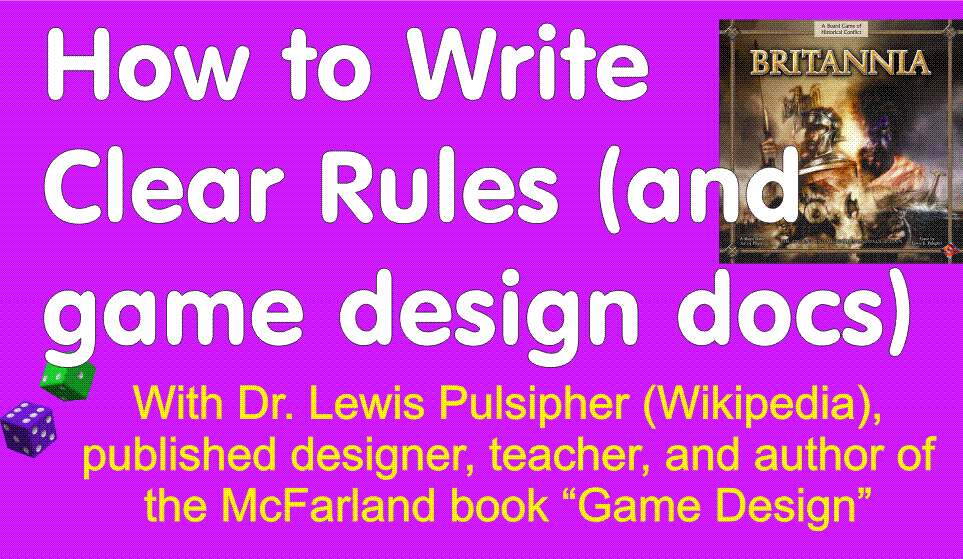We’ve all seen movies where we can say “that movie was well-made,” that is, the directors, photographers, sound people, and so on are good professionals who did their jobs well. It could still be a bad movie owing to having the wrong actors (not necessarily bad ones, just ones not suitable for the part) or a bad story. Some people would say that ALL fantastic adventure stories (Mummy, Indiana Jones, Spider Man, etc.) are bad stories, but those movies were generally quite well-made. (This is as opposed to “the old days” when fantasy and science fiction movies tended to be cheap junk.)
When you start designing games, you’re no more likely to be very good at it than Beethoven was when he started composing music, or Rembrandt was when he started to paint, or John Steinbeck was when he started to write. If we hear early Beethoven nowadays, it’s usually because it’s by Beethoven, not because it’s good. Creative endeavors take lots of practice, it is very rare that someone is outstandingly good to begin with.
Further, I am not going to arrogate to myself the idea that I, unlike anyone else in the world, can easily recognize what games are really good, outstanding, just OK, etc. I can tell when games are bad, I can tell when they need to be improved, but at some point I don’t know. If nothing else, I won’t have the time to play the games many times myself, so how am I going to know exactly how good it is? (Again, I can tell when there are bad aspects.) Reiner Knizia makes over a million dollars a year as a freelance game designer, and has had over 200 games published, yet he is sometimes surprised by sales of his games; not even he knows how good a game will be, though he can likely tell the poorest ones from the rest.
So I am not going to grade you on “how good” your game is, or “how much fun” it is. Only people who don’t design games think they can do that.
What I’m interested in is whether the game is well-made, even if it isn’t particularly good. If you do the right things, especially playtesting the game and recognizing that changes can be made to improve it, implementing those changes where time permits, then you’ve got the essence of proper game production. I give you milestones when certain things are due, not only to try to help you stay on track, but to see if you’re doing the right thing.
You won’t have time to “finish” the game or even come close to “perfecting” it. (In a sense a game is never finished, you just finally can’t afford to spend more time for the minimal benefit you can achieve: it’s the law of diminishing returns.)
One of the best, if not the best, games students have made was in my very first game class, fall 2004. The group of students liked their game so much they kept working on it through the following spring and summer, making an electronic version as well. (Notice it was a group project; which means more could potentially get done in a given amount of time, as more people were involved.)




